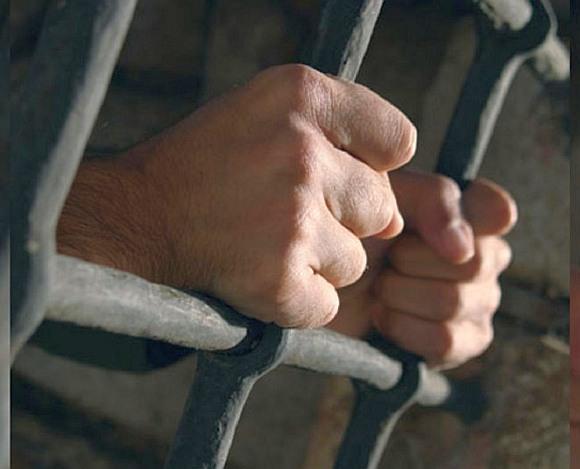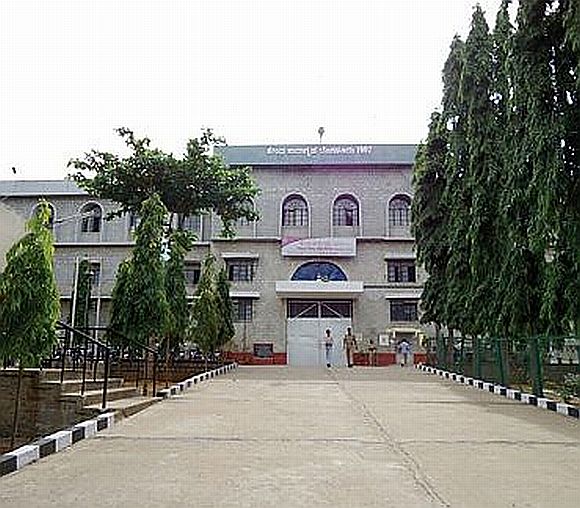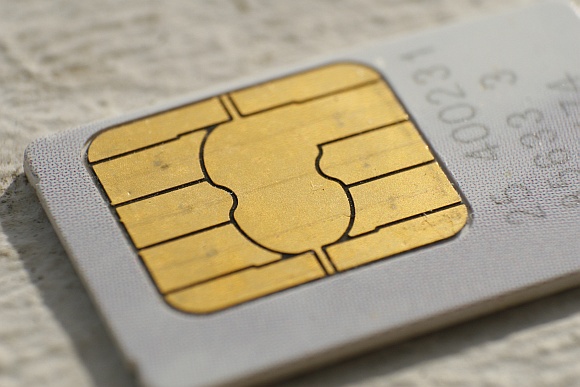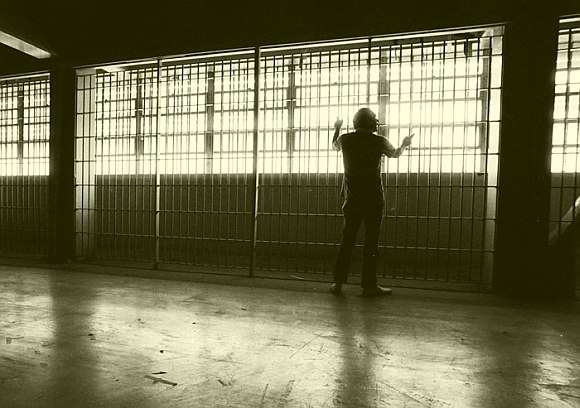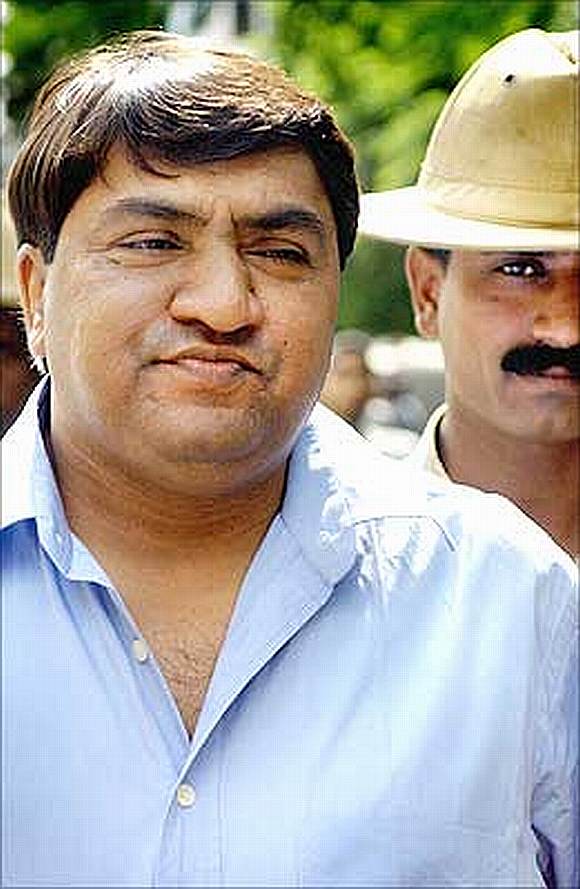 | « Back to article | Print this article |
B'luru: Inmates make calls to Pak; NIA swings into action
Vicky Nanjappa looks at the unhealthy trend of convicts running their businesses from inside Indian jails.
A team of the National Investigating Agency has detained two persons from the Parapana Agrahara Jail in Bangalore for making calls to Pakistan.
A month ago, the Kerala jail officials too had put out a report stating that inmates were making calls to Pakistan, and investigators believe that the calls were in connection with terrorism.
A couple of days ago, a team of the NIA had visited the Parapana Agrahara jail in Bengaluru, and had detained two persons.
This was following an alert from the Union home ministry regarding such calls, and on investigation, the tower was traced to the Bangalore jail. Investigators however did not reveal much details regarding the nature of the calls, but pointed out that the calls were not being made for any ordinary purpose.
Click NEXT to read further...
Cops say it can only be possible with inside help
Bengaluru jail has about 20 inmates with terrorism charges. It also has two Pakistani nationals belonging to the Al-Badr faction. Apart from these two, there are other persons arrested in connection with the Bangalore Indian Institute of Science attack, the Bangalore serial blasts and Chinnaswamy Stadium blasts.
Investigators say that they would probe further before revealing the names of the two persons involved in this incident.
The bigger concern is how inmates are managing to take cell phones into the jail. Police say that it can be only possible with the help of the jail staff.
Click NEXT to read further...
The trend is common in all jails across India
Recently, a jail warden was arrested for supplying SIM cards to inmates. This is not an uncommon trend and happens in almost all jails in India. Very unfortunately, terrorism suspects too have access to this service, which helps them run their businesses behind bars as well.
The Kerala and Karnataka incidents do not appear to be connected, and the NIA has been told to look into the former as well. A source said that the Kerala case was related to hawala transactions.
The investigation into the Kerala incident is expected to be tougher since there are at least 500 hawala operators languishing in the jails, and there are records of nearly 2,400 calls.
Click NEXT to read further...
The business goes on uninterrupted
These are all seasoned operatives and know their way around the system, and hence terror groups continue to depend on them to further their business. They have a set of contacts, and despite being in jail, they manage to continue doing their business.
"We would be looking into similar incidents in other jails as and are sure that it may be taking place there as well.
Through these calls, terror operatives not only manage hawala transactions, but also give out crucial information about recruitments and modules which were set up prior to their arrest, a source said.
In addition to this, they would also reveal what they have spoken during their investigation. This acts as a tip off to their handlers who would change their strategy accordingly.
Click NEXT to read further...
The racket was discovered after Telgi's arrest
This hampers the probe to a large extent, and whatever leads picked up during the interrogation prove to be useless, as information is being leaked out from within the jail premises, the source said.
"Inquiries against jail staff and tighter security measures will be in place to ensure that such incidents do not take place," added the source.
The racket was witnessed during the convicted counterfeiter Abdul Karim Telgi's case. He had access to a cell phone and continued to run his racket from behind bars.
Although there was a jammer in the jail, one of the prison staff taught him how to disconnect it. Each time he needed to make a call, he got one of the inmates to disconnect the jammer and once he was done with the call, he reconnected it.
However, this was later discovered by the Special Investigation Team, following which, it was put to an end.
